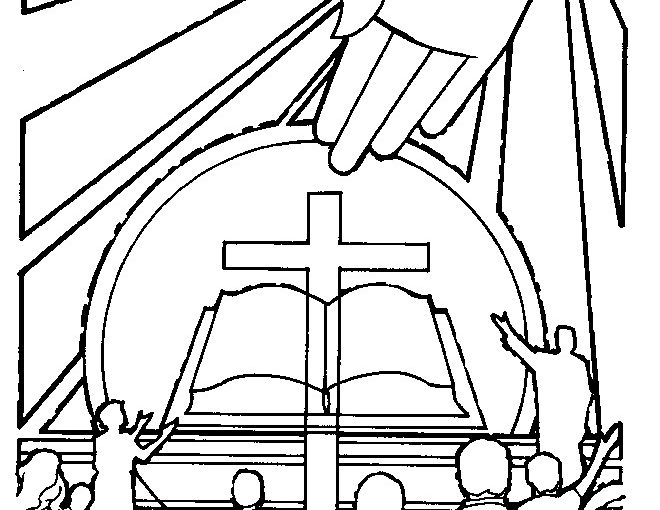The late Dr. Donald Deffner, a professor at Concordia Theological Seminary, Fort Wayne, once suggested teaching an adult information class using the liturgy of the Divine Service. This makes a lot of sense. Prosper of Aquitaine, who died around 450 A.D., suggested that the way we worship informs what we believe. The words, in Latin, Lex orandi, lex credendi or “the words of worship are the words of the creed.”
Is this a true statement? Can we learn the six chief parts of the Small Catechism by studying the Divine Service? What are these chief parts which we will study? First are the Ten Commandments. Yes, in the Lutheran tradition the first action of the congregation is our confession of sins. Second, the Apostles’ Creed. This is easy, for the Divine Service begins “In the name of the Father and of the Son (+) and of the Holy Spirit,” the baptismal formula found in Matthew 28:19-20. The Apostles’ Creed was written to explain that verse, to confess the God which calls us to faith. The Lord’s Prayer, the third chief part, plays a prominent role in the Divine Service.
What about baptism? As noted, any time we hear the invocation, the words “In the name of the Father and of the Son and of the Holy Spirit,” we are brought back to baptism. The office of the keys and confession? Absolutely, we find that before the Introit. The office of the keys also speaks of the office of the ministry, something that we see throughout the Divine Service.
Finally, we come to the sixth chief part, the Lord’s Supper. Half of the liturgy of the Divine Service is devoted to the Sacrament of the Altar which Jesus gave His church on the night He was betrayed.
Our approach to the forthcoming Adult Information Class, which begins on September 15, will be to look at the liturgy, see where it comes from the Bible and agrees with the Bible, and then look at that topic in Luther’s Small Catechism. In this way we will become familiar with the service we use every other week, plus the Bible and our Lutheran confessions.
I am excited about this approach to the class. Please join us.

